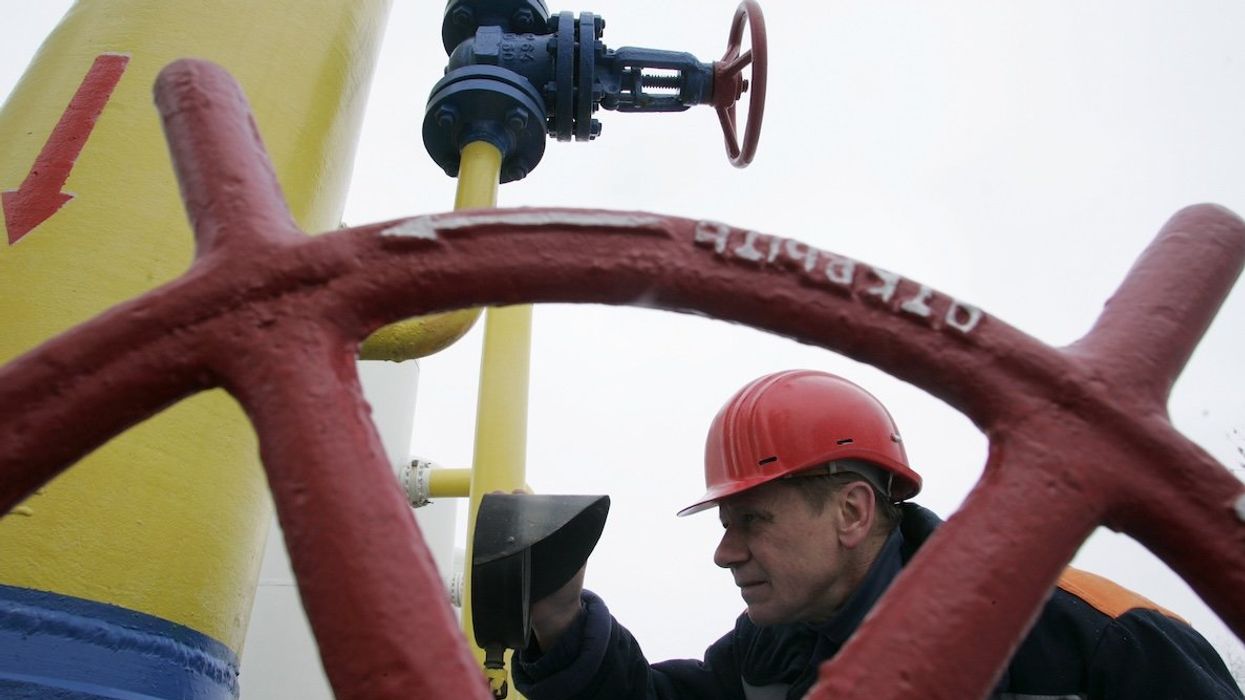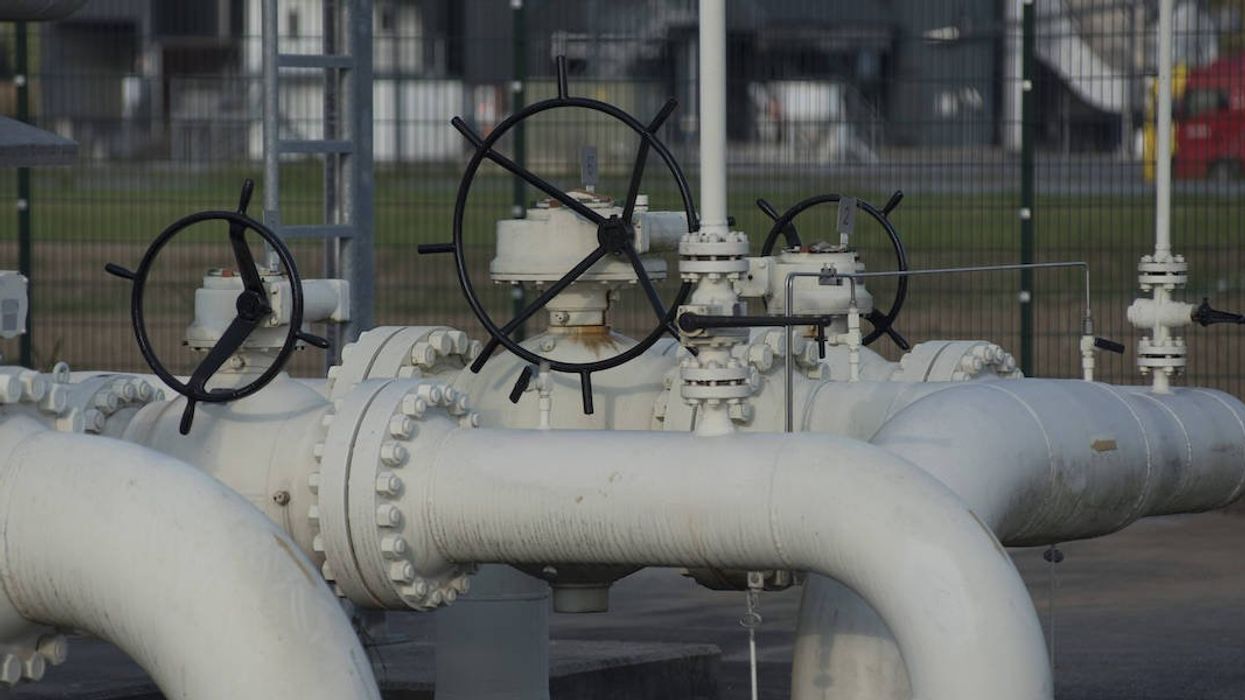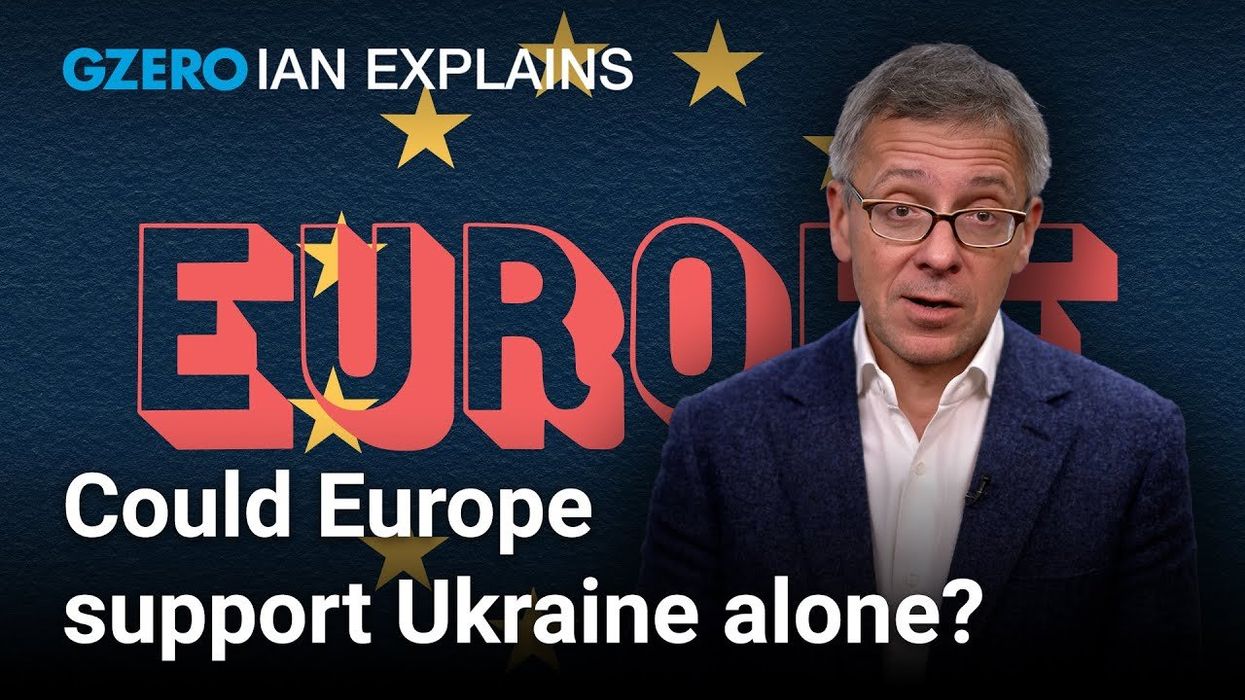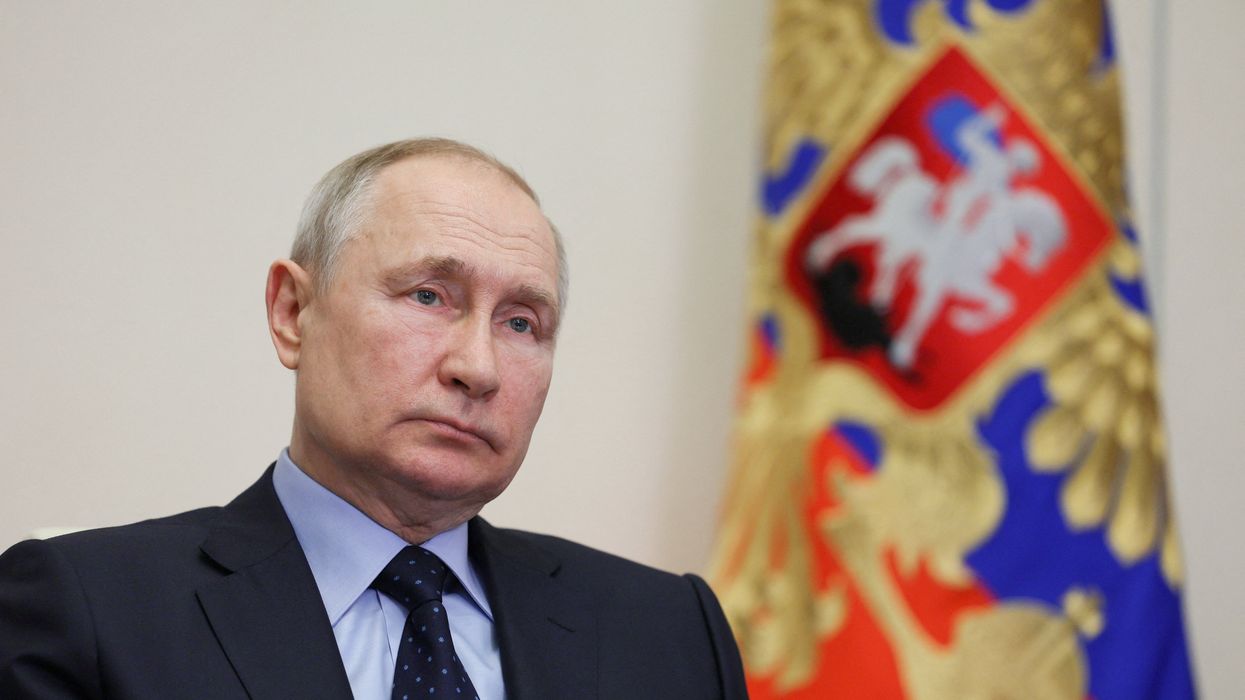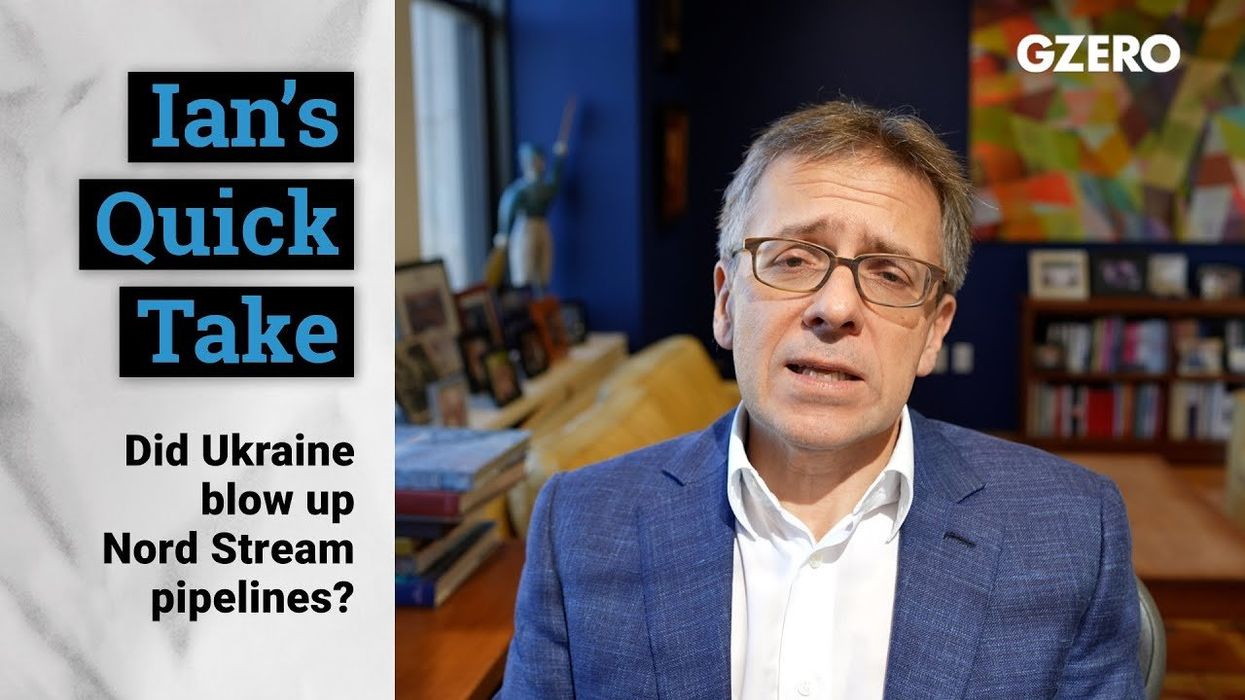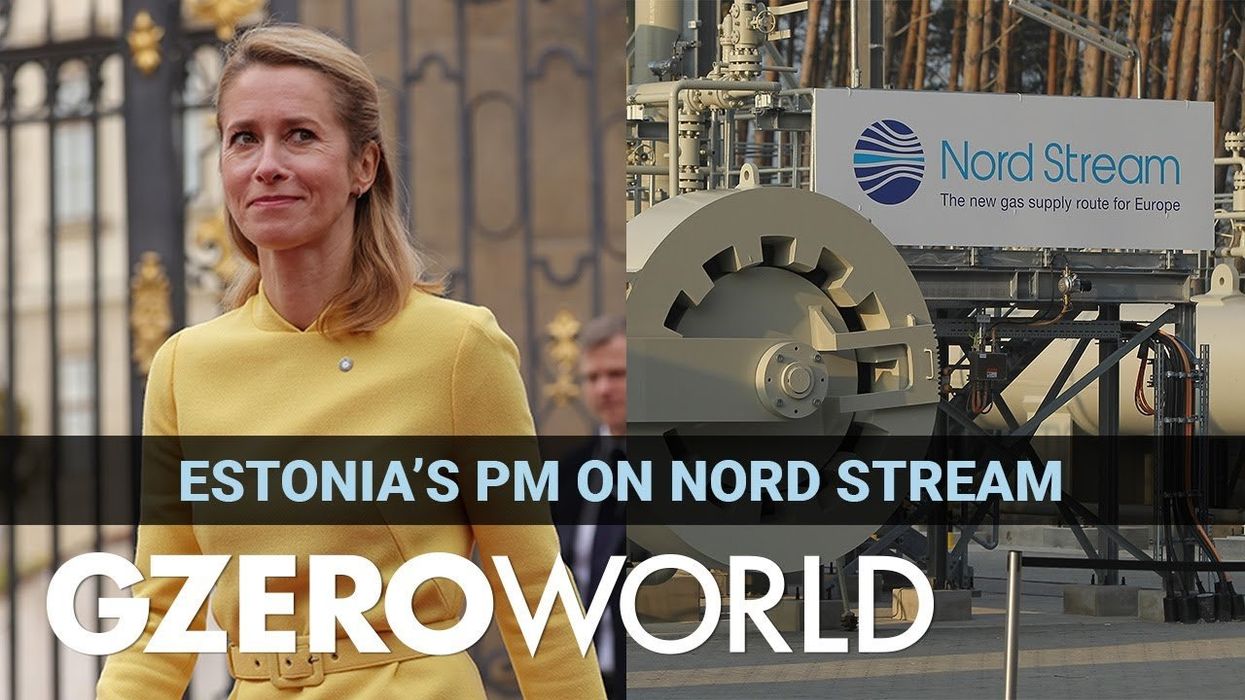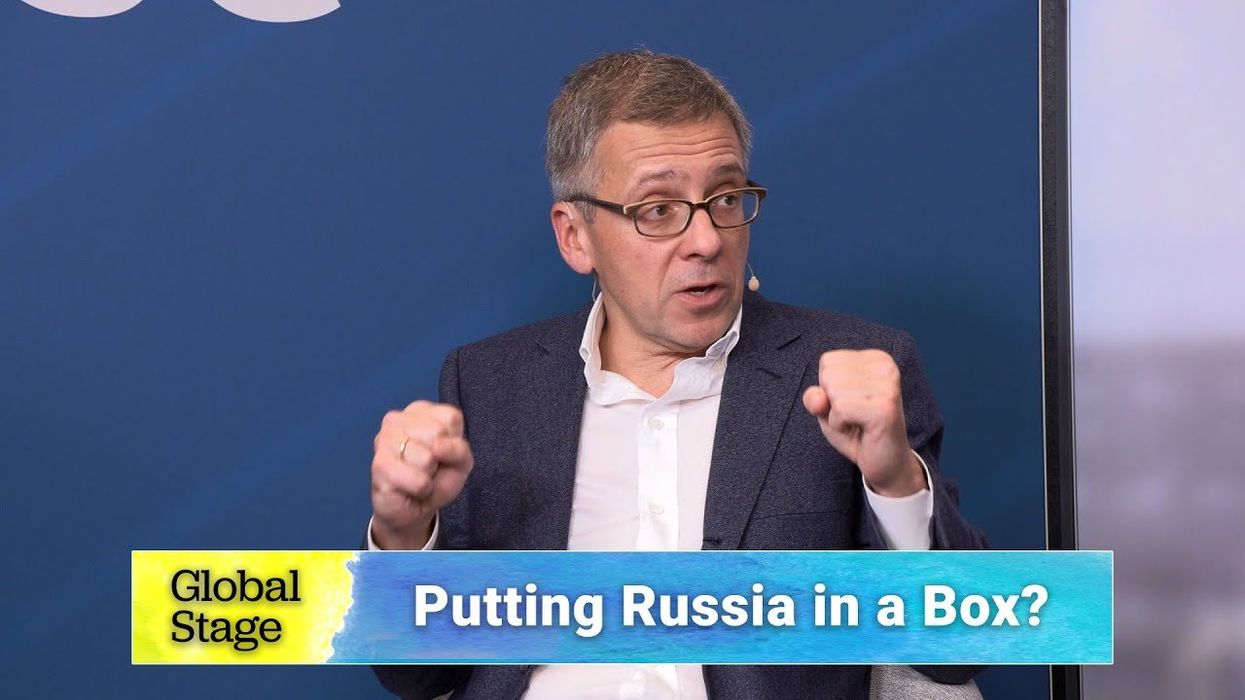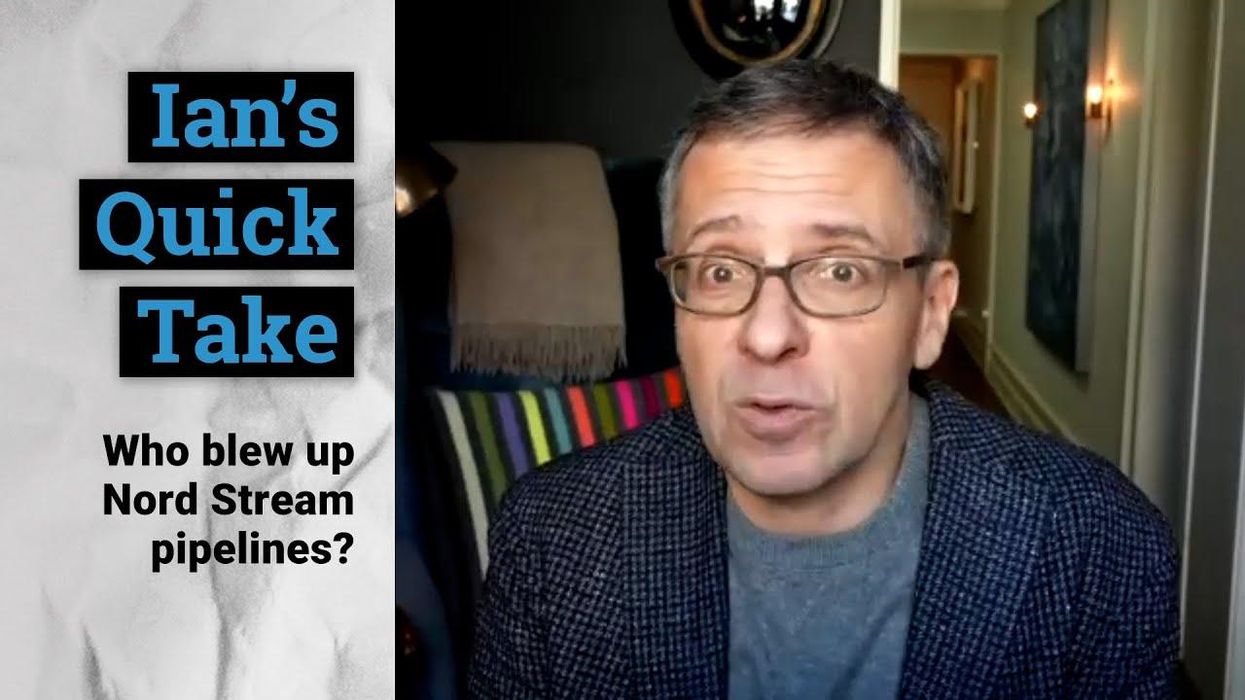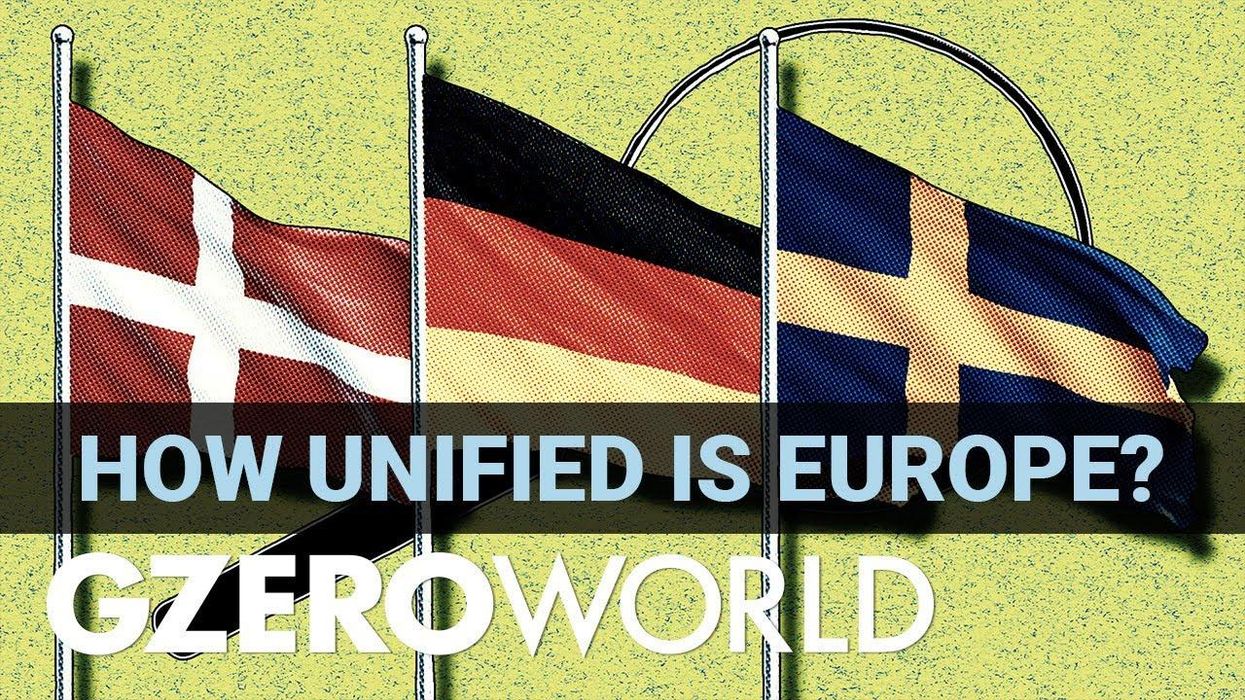What We're Watching
Moscow turns off the tap
For the first time in six decades, Russian gas is no longer flowing to Europe via Ukraine. At 8 a.m. Moscow time on New Year’s Day, Russian state energy giant Gazprom ceased delivery through its Sokhranivka pipeline. Kyiv refused to renew its 2019 pipeline transit deal with Moscow while Russia’s invasion of Ukraine continues.
Jan 01, 2025
